"Pressure on Justice". The International Criminal Court has become a target of cyberattacks
It is reported that the ICC and the UN have strong working relations based on an agreement signed in 2004. This agreement aims to coordinate actions in strengthening international law enforcement, protecting human rights, and combating impunity for serious crimes.
Annalen Baerbock, the chair of the 80th session of the General Assembly, noted that the founders of the ICC were driven by the belief that "justice is a universal duty, not a reflection of national interests." She emphasized that the court is established to hold accountable those who commit genocide, crimes against humanity, war crimes, and acts of aggression. Baerbock also condemned sanctions and cyberattacks against court officials, stressing that such actions "undermine both the institution itself and the principles of international law enshrined in the UN Charter."
Tomoko Akane, the chair of the ICC, noted in her report that the court continues to perform its functions despite increasing pressure.
She added that in recent months, the court has significantly enhanced its security system in response to cyberattacks and attempts to pressure judges and prosecutors, and continues to develop cooperation with regional organizations and UN structures.
According to the report, during the specified period, the court issued 382 decisions and achieved significant results in proceedings concerning crimes in Darfur, Libya, the Central African Republic, Afghanistan, Palestine, and the Philippines.
Particular attention was given to the case of Sudanese commander Ali Abd-al-Rahman, who was convicted on 27 counts of war crimes and crimes against humanity. She noted that this serves as an example of how "justice, albeit delayed, can prevail."
Additionally, the ICC report mentions an important event—the sentencing in the case of Yekatom and Ngaïssona, both of whom were found guilty of war crimes and crimes against humanity committed in the Central African Republic.
The chair of the ICC also reported that at the end of the reporting period, there were 33 outstanding arrest warrants. She urged state parties to fulfill their obligations under the Rome Statute.
Photo on the main page: UN/Rick Bajornas.
Read also:
On International Snow Leopard Day, the event "23 Minutes for Snow Leopards" will take place.
In honor of International Snow Leopard Day, celebrated on October 23, the Snow Leopard Trust is...
The Kyrgyz Republic elected to the UNESCO Executive Board for 2025-2029
At the 43rd session of the UNESCO General Conference held in Samarkand, the Kyrgyz Republic was...
The international forum "Business, Ecology, and Sports - Ak-Irbis 2025" is taking place in Bishkek. Photo
On October 23, the forum "Business, Ecology, and Sports — Ak-Irbis 2025" was launched in...

The Tourism Forum gathered about 1500 delegates from 158 countries around the world, including Kyrgyzstan.
Kyrgyzstan was cited as an example at the global tourism forum in Russia The prospects for...
For fraud using digital technologies, up to five years of imprisonment is now threatened.
The President of the Kyrgyz Republic, Sadyr Japarov, signed a bill regarding amendments to the...
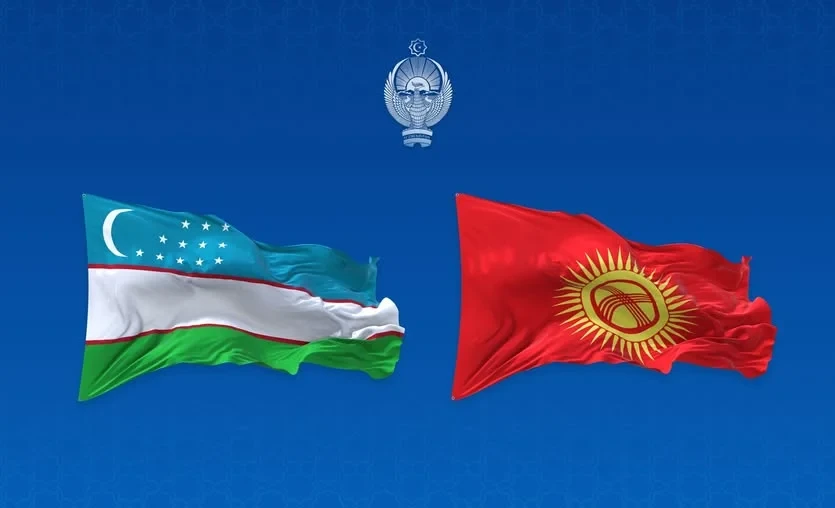
Mirziyoyev sent a letter to Japarov in response to his congratulations on the opening of the 43rd session of the UNESCO General Conference in Samarkand
President of Uzbekistan Shavkat Mirziyoyev sent a response letter to his Kyrgyz colleague Sadyr...
Elyarbek Abdimitalipov appointed chairman of the Talas Regional Court
Elyarbek Bahadirovich Abdimitalipov has become the new chairman of the Talas Regional Court....
In Kyrgyzstan, penalties for internet fraud have been tightened.
- A new law has been adopted in Kyrgyzstan, amending the Criminal Code, aimed at tightening...

Anvar Abdrayev commented on the imposition of sanctions against two banks in Kyrgyzstan and the reaction of the NBKR
Anvar Abdrayev, the president of the Union of Banks of Kyrgyzstan, shared his opinion on the...
Israeli Foreign Minister Criticizes Istanbul Arrest Warrant for Netanyahu
Gideon Saar, Israel's Minister of Foreign Affairs, criticized the decision of the Turkish...
Activists urge the authorities of the Kyrgyz Republic to abandon the idea of reinstating the death penalty
The recent address from the Media Action Platform of Kyrgyzstan was directed to high-ranking...
UN: 85 percent of journalist murders worldwide remain unsolved
According to information provided by UN Secretary-General António Guterres, nearly 90% of...
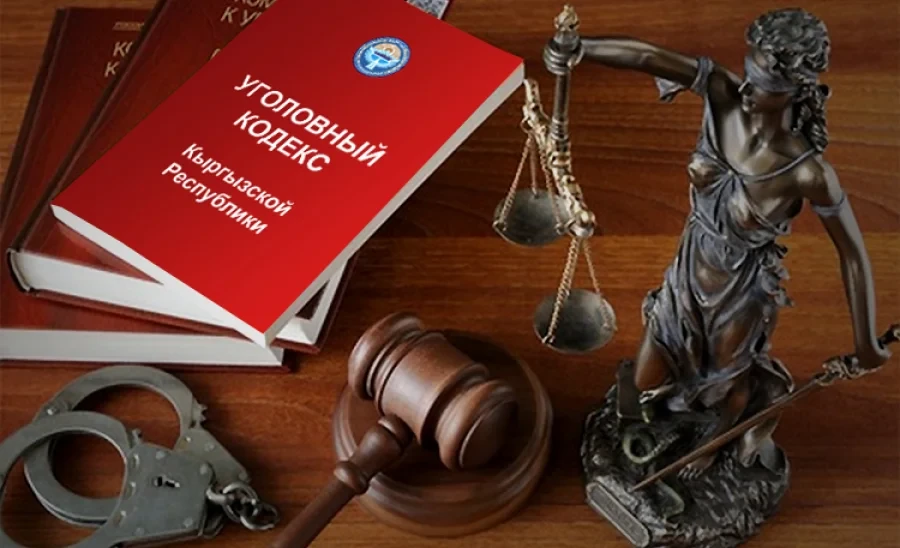
Sadyr Japarov approved amendments to the Criminal Code
President of the Kyrgyz Republic Sadyr Japarov has signed a law that amends the country's...
The Mufti of Kyrgyzstan called on men to respect and protect women
The Mufti of Kyrgyzstan, Abdulahiz Zakirov, spoke out about the importance of respecting and...
Former judge of the Ton district demanded the resignation of judges of the Bishkek city court
Gulzat Abdinasirova, who previously held the position of chairperson of the Ton District Court in...
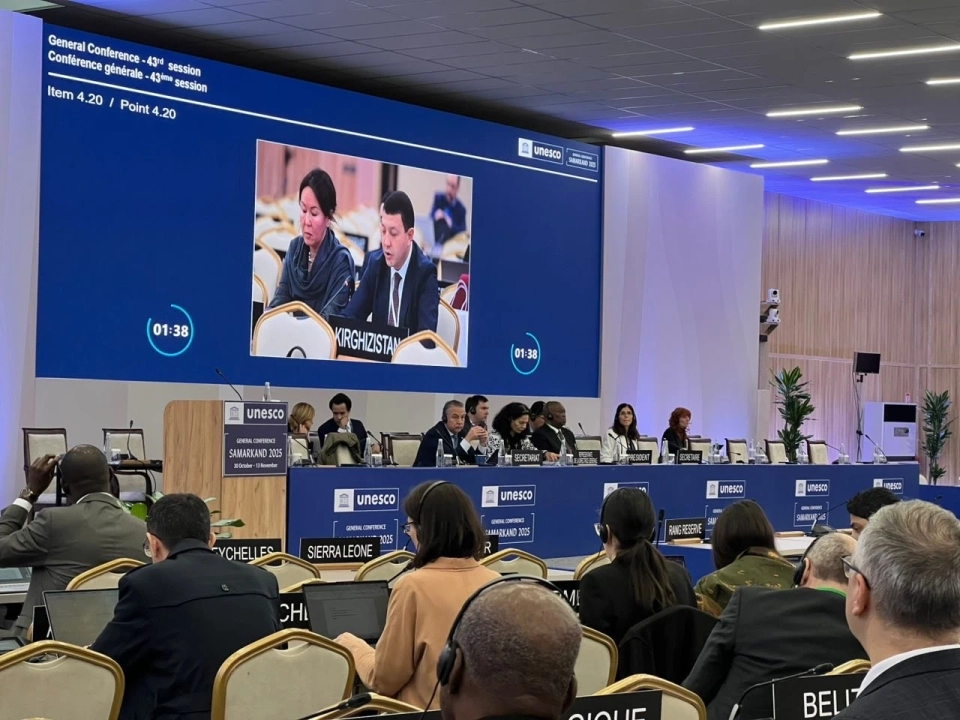
UNESCO established the International Day of Nomadic Heritage at the initiative of Kyrgyzstan
At the 43rd session of the UNESCO General Conference held on November 6, a resolution proposed by...
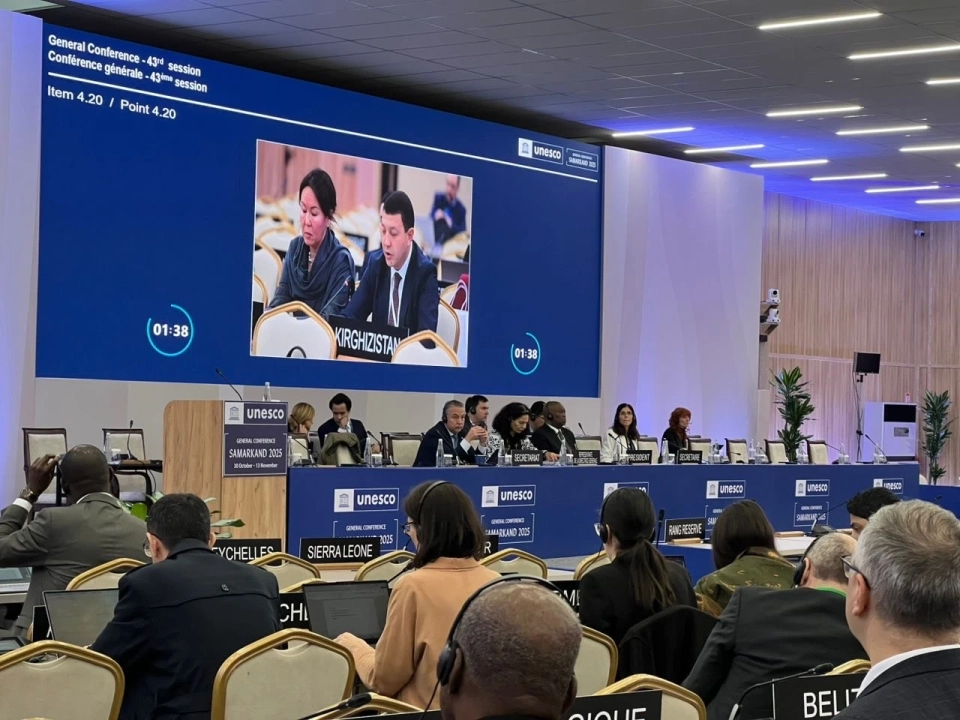
Kyrgyzstan Promotes the International Day of "Nomadic Heritage" at UNESCO
At the 43rd session of the UNESCO General Conference on November 6, a resolution proposed by...
Minister of Labor Sagynbaev Discussed Gender Equality with a Representative of UN Women
On October 31, 2025, the Minister of Labor, Social Protection, and Migration of the Kyrgyz...
Up to 100,000 soms in fines or up to 5 years in prison. Criminal liability introduced for attacks on teachers, medical workers, and others.
President Sadyr Japarov has approved a new law concerning amendments to the Criminal Code. This law...
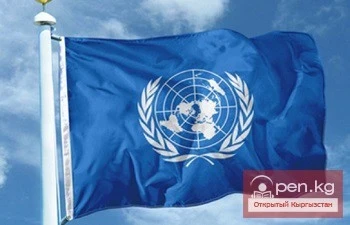
Kyrgyzstan became a member of the UN Human Rights Council.
Kyrgyzstan was elected as a member of the UN Human Rights Council for the years 2016-2018...
Kyrgyzstan Presented Its Experience in the Prevention of Non-Communicable Diseases at the 75th Session of the WHO European Regional Committee
At the 75th session of the European Regional Committee of the World Health Organization, taking...
The Ministry of Labor of the Kyrgyz Republic and the structure of "UN Women" strengthen cooperation
Kanat Sagynbaev held a meeting with Syed Sadiq...
UN: 85% of journalist murders remain unsolved
Around the world, nearly 90% of violent crimes against journalists go unpunished. This information...
Secretaries General of TurkPA and the CSTO discussed strengthening cooperation in Istanbul
The Secretary General of TurkPA, Ramil Hasan, held a meeting with Kubanychbek Omuraliev, the...
The Return of the Death Penalty: Experts' and Lawyers' Opinions on Why It Is Not Needed in Kyrgyzstan
On October 27, a public discussion of draft laws concerning amendments to the Constitution of the...
Kyrgyzstan proposed to UNESCO to declare September 22 as International Day of Nomadic Heritage
At the meeting of the Commission on Social and Human Sciences during the 43rd session of the UNESCO...
"Man-Eating Sentence". Social Democrats Made a Statement Regarding the Sentence of Their Party Members
The "Social Democrats" party expressed protest against the sentences handed down to their...
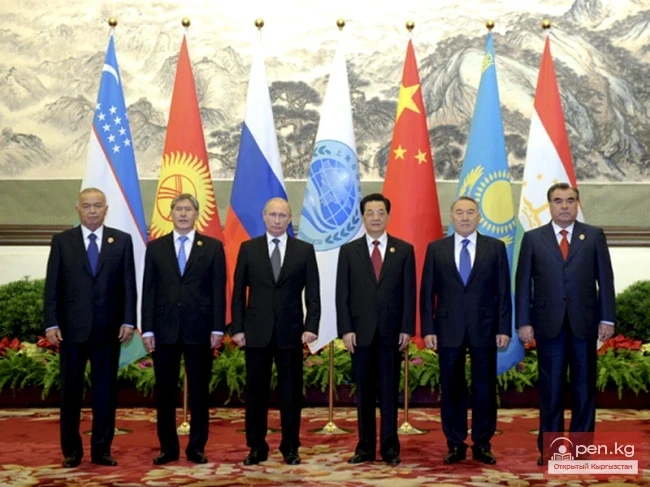
The Foreign Policy of Sovereign Kyrgyzstan
Sovereign Kyrgyzstan is an equal member of the international community. One of the most important...
Lack of Funding Undermines the Fight Against Violence Against Women. Report
According to the latest UN report, the reduction in external funding seriously threatens the work...
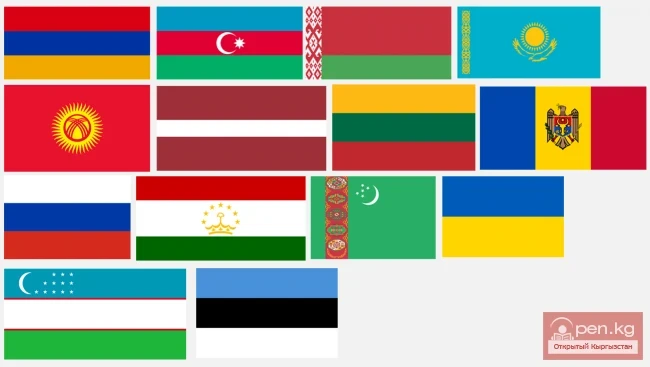
The Foreign Policy of Kyrgyzstan
Kyrgyzstan is a state in the Central Asian region, whose location has significant geopolitical and...
The National Bank commented on the EU sanctions imposed on 2 banks of Kyrgyzstan
The National Bank of Kyrgyzstan reacted to the sanctions imposed by the European Union concerning...

UNESCO proclaimed September 22 as the "International Day of Nomadic Heritage"
At the 43rd session of the UNESCO General Conference, a resolution was unanimously adopted...
The Prosecutor General's Office presented procedural guarantees for entrepreneurs and a new oversight mechanism
The head of the Department for Combating Corruption and Supervising Compliance with Laws in the...
In Kyrgyzstan, penalties for attacks related to professional activities have been tightened.
Sadyr Japarov, the President of Kyrgyzstan, has approved the draft law "On Amendments to the...
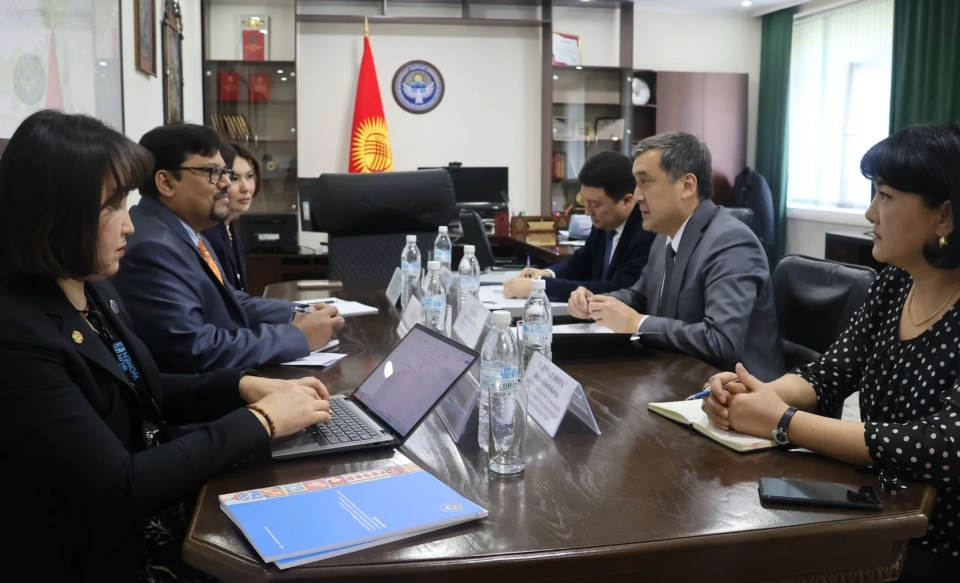
The Ministry of Labor of the Kyrgyz Republic and UN Women Strengthen Partnership in the Fight Against Gender-Based Violence
A meeting took place in Bishkek between the Minister of Labor, Social Security, and Migration of...
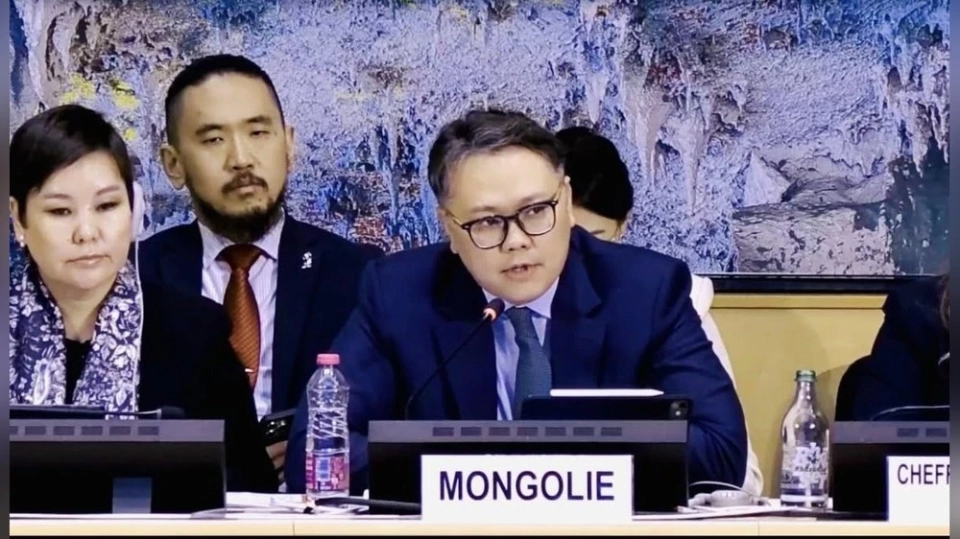
The 50th session of the Working Group on General Debate on the Human Rights Situation begins in Geneva at the Human Rights Council.
In accordance with resolution 60/251 of the UN General Assembly, adopted in 2006, all member...
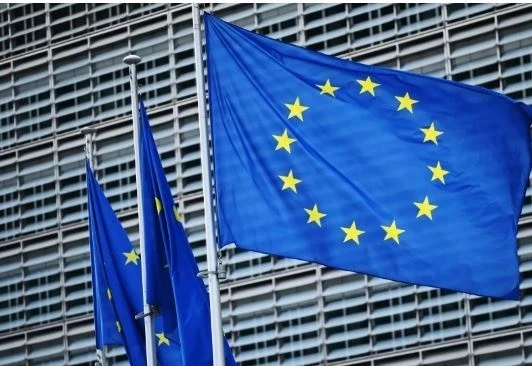
The Ministry of Foreign Affairs of the Kyrgyz Republic proposed to the EU to conduct an independent audit of sanctions.
In its statement, the Ministry of Foreign Affairs noted that Kyrgyzstan strictly adheres to...
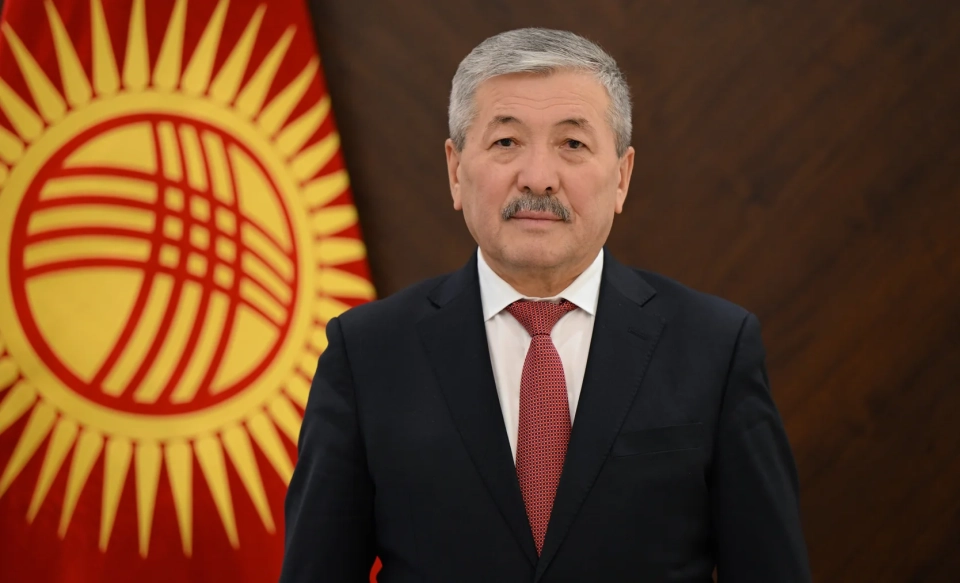
Economic growth has also been made possible thanks to the work of diplomats. Congratulations from the head of the Cabinet.
On the professional holiday — the Day of the Diplomatic Service Worker of the Kyrgyz Republic —...

Kyrgyzstan — Uzbekistan — Tajikistan
Kyrgyzstan — Uzbekistan...
"We extract gold, but we must learn to produce products from it," - Professor R. Ak Nazarova
- The scientific and practical conference held today, October 29, 2025, served as a platform for...
Trump wants to involve China in resolving the conflict in Ukraine
During his Asian tour, which begins in Malaysia, U.S. President Donald Trump informed reporters...

Trump stated that he will not cancel tariffs
In his statement, Trump noted that his approach to tariffs will remain unchanged. He emphasized...

Kyrgyzstan — European Union
The development of relations between Kyrgyzstan and European countries opens the way for...
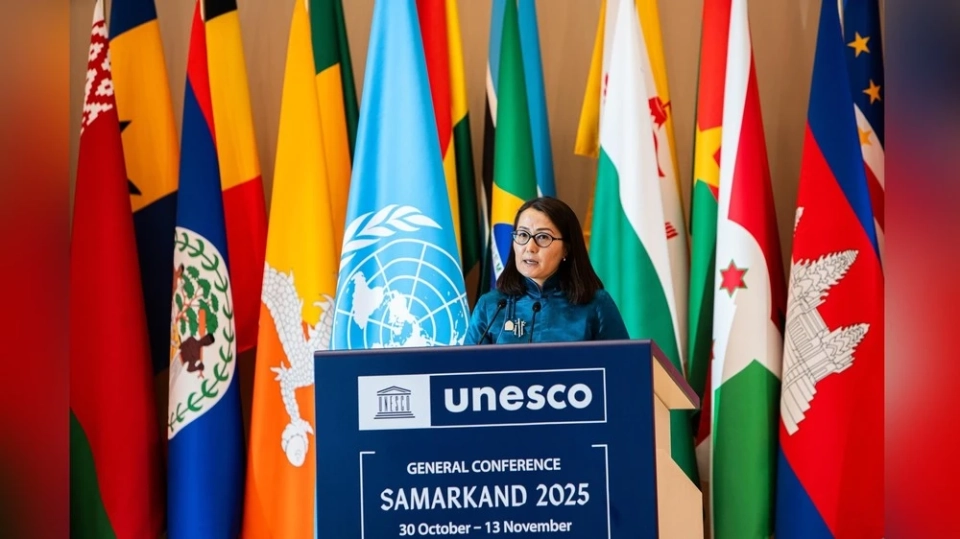
Mongolia participates in the 43rd session of the United Nations General Conference on Education, Science and Culture (UNESCO)
Nyamkhuu Ulambayar During the general debates of the session held on November 1, Nyamkhuu...